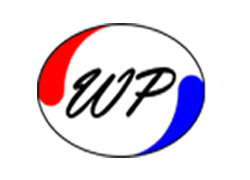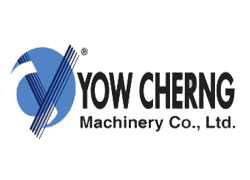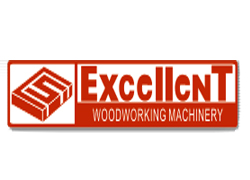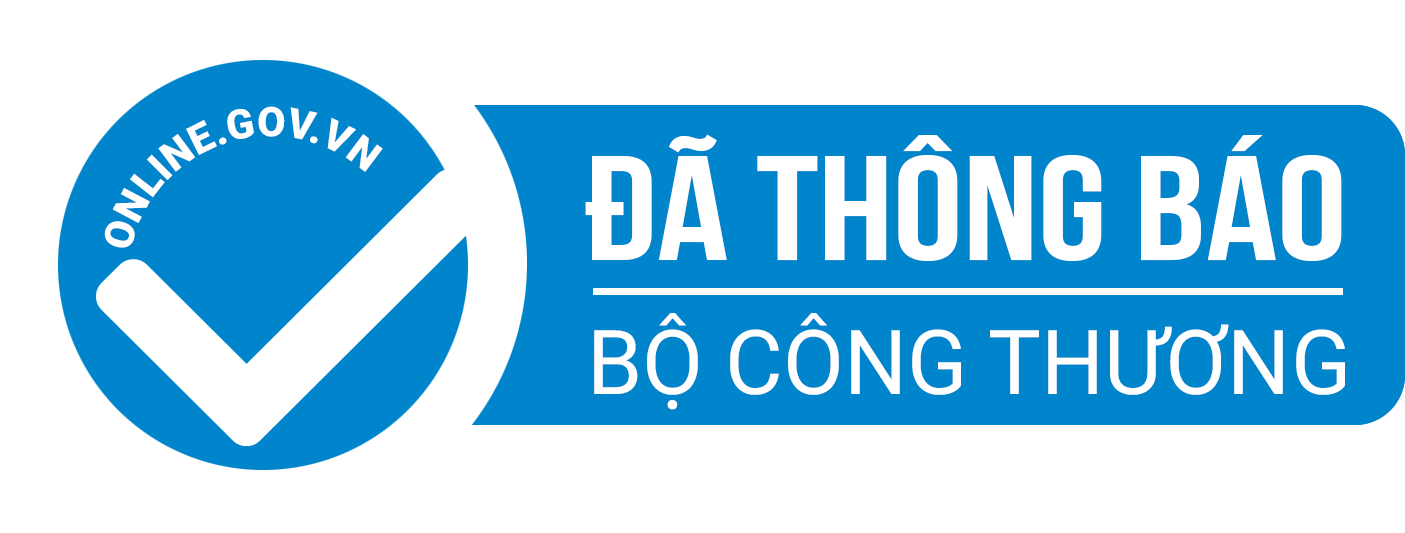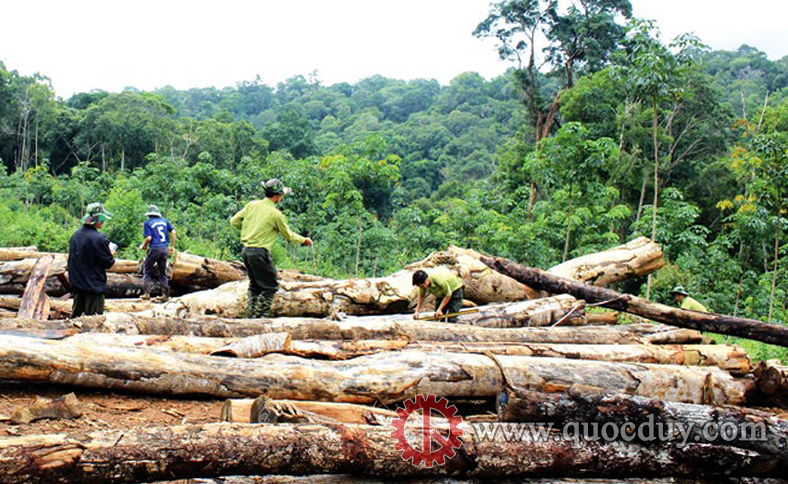
Vietnam and the EU signed the VPA/FLEGT: Promoting the development of the timber industry
Viet Nam and the EU have just signed the Voluntary Partnership Agreement and Forest Law Enforcement, Governance and Trade (VPA/FLEGT). The implementation of the Agreement will take place in the next few years, in addition to the benefits of expanding the export market and creating more advantageous conditions for Vietnamese enterprises to import into the EU, the VPA/FLEGT will also have some difficulties for the stakeholders as well as economic sectors as complying with this agreement.
Vietnam and the EU signed the VPA/FLEGT
Promoting the development of the timber industry
MDF, laminated board and plantation forest wood have cer tif ication, it is now a global trend to protect the environment as using the certified wood from plantation forests. Currently, according to the Forest Development Strategy for promoting certified forest plantation, by 2020 there will be approximately 500,000 hectares of certified plantation timber, corresponding to 12% of planted forest area. Until now our country has only had 220,000 hectares of FSC-certified timber and has not reached the target of 50% certified plantation timber in 2020. And most of these are from forest owners who will have direct impacts to the success of Vietnam’s wood industry in the next time.

DIFFICULTIES FOR FOREST OWNERS
Afforestation households are the first ones who are affected directly from this agreement. When they do not know how legal timber shall is, how legal timber shall sell, what types of documents they need to sell timber, they only know how to plant and sell as forest can harvest, or they need money and they sell. In the meantime, there is no any State agencies which guide the households how to plant legally, how to sell and who shall be sold to, as well as which procedures and documents need to do, how to reserve the documents of timber evidence as selling? Or how legal timber is?
The lack of knowledge of the general regulations and rules in the international market has been becoming a major obstacle for forest owners in the process of understanding the VPA/FLEGT. And even the afforestation households who take part in planting forest and have FSC certification, if their timber is legal or not, it is also a big question.
According to Nguyen Ton Quyen, Vice President of Vietnam Timber and Forest Products Association, FSC certification is only one of the criteria that proves legal timber, the VPA/FLEGT does not recognize the FSC certified timber as legal one, it is only one advantage for legal timber evaluation. In addition, legal timber also depends on the land for forest plantation, land use right (red book) or land allocation decision.
In fact, forest plantation timber is legal, it can be logged after 6-7 years, the forest owners must plant on undisputed land to exist. However, it is very difficult to have documents of legal timber for proving the legal land for forest plantation (a red book, a land allocation decision etc). Mr Quyen assessed that it is very difficult for the people to have information about which documents are required, and how to prove them.
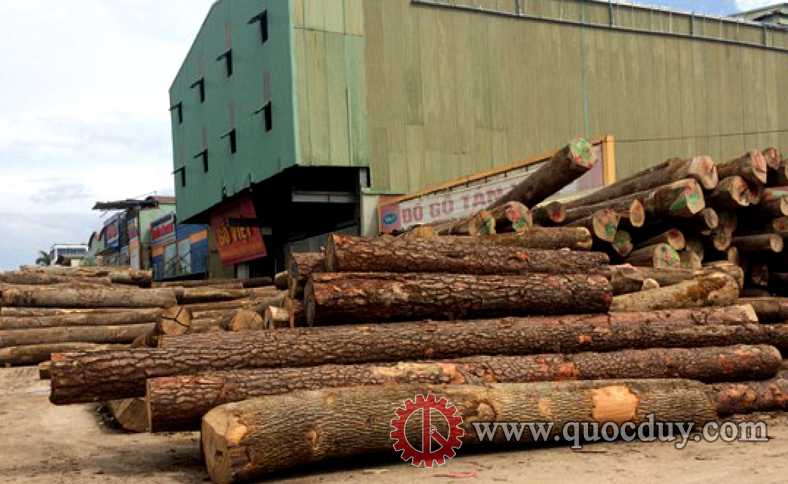
On the other hand, many small-scale processing households do not have business registration certificates, so how will they be managed, while they have been involved in processing? That question should also be solved before thinking about promoting them for the development of the wood industry.
Le Khac Coi, Vice chairman of Vietnam Forest Owners Association concerned about the impact of the VPA/FLEGT, the EU does not admit other forest certification systems such as PEFC and FSC, while these two certification systems have been issued for nearly one third of the world’s forest area, and if this is not resolved, it is clearly a big disadvantage for Vietnam’s woodworking industry and FSC certified forest owners.
And for businesses, when the VPA/ FLEGT takes into effect, it is necessary to ensure all export shipments to the EU have the FLEGT license. This means although businesses have other types of certificates such as the FSC, they have still to have the FLEGT license as exporting to the EU.
DIFFICULTIES TO BUSINESS
According to To Xuan Phuc, when the VPA/FLEGT is implemented in the next time, the biggest problem for businesses is to classify two groups of enterprises as compliant and non-compliant ones. This is very complicated based on four criteria, they express via dynamic evidences of supply chain requirements, it assures that only legal timber is used in the supply chain; to meet the requirements for reporting and controlling the supply chain; to meet the requirements for dynamic proof; data on violations. The organizations which do not meet the full criteria, the inspection and supervision of the relevant authorities will be stricter. For example, for the export enterprises in group 2, the requirements for direct inspection of their export shipments will be much more stringent than those of group 1.
And Le Khac Coi pointed out another problem, this is one of the complicated problems, the classification of enterprises is very difficult. If group one is easier and licensed faster. But if there any small error such as late payment of social security or any other error will be in group two and it must be reviewed a year later. This will make businesses difficult.
But it is more important that the sensitivity of the business classification, according to current regulations, such as Vietnam Timber legality assurance system (hereinafter referred to as VNTLAS), the local Forest Protection Agencies or the consultant organizations are commissioned to do this by the Forest Protection Agency. And many people said that corporate classification will cause harassment for them, so it is necessary to have a rigorous monitor and control of the classification process in order to reduce the risks of corruption and harassment.
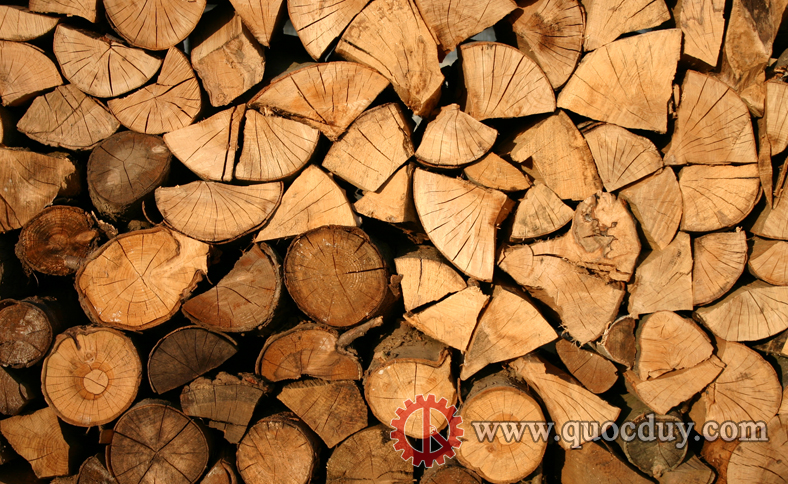
Le Khac Coi also said that in the process of international trade, it is mostly the post-inspection, enterprises make declaration and accept risks, while the VPA/FLEGT is pre- inspection. Thus, businesses are difficult as implementing it in practice, waiting for the license will affect orders, slow delivery and will affect the orders next year. On the other hand, for large enterprises, the VPA/FLEGT is a document for customs clearance, if there is no document, exports will not have customs clearance. Only when the goods are lined up on the container, they know how much the quantity is, then businesses just make the licensing dossier of the VPA/FLEGT and must wait three days for the license, when enterprises have the FLEGT license, goods are permitted on board. In fact, there are not often ships every day, it also depends on the shipping companies, as the license is issued, ships may already run. And it is also a big challenge for the State agencies to solve this problem.
According to experts, in the short time, it is necessary to publish the information of the VPA/FLEGT in text document and 9 appendices for the associations to grasp thoroughly and research in details. Then the businesses shall be invited to popularize the VPA content and what to do? Next, this system shall be piloted in some typical enterprises, and finally assessing the impacts of implementing the Agreement on these ones.










